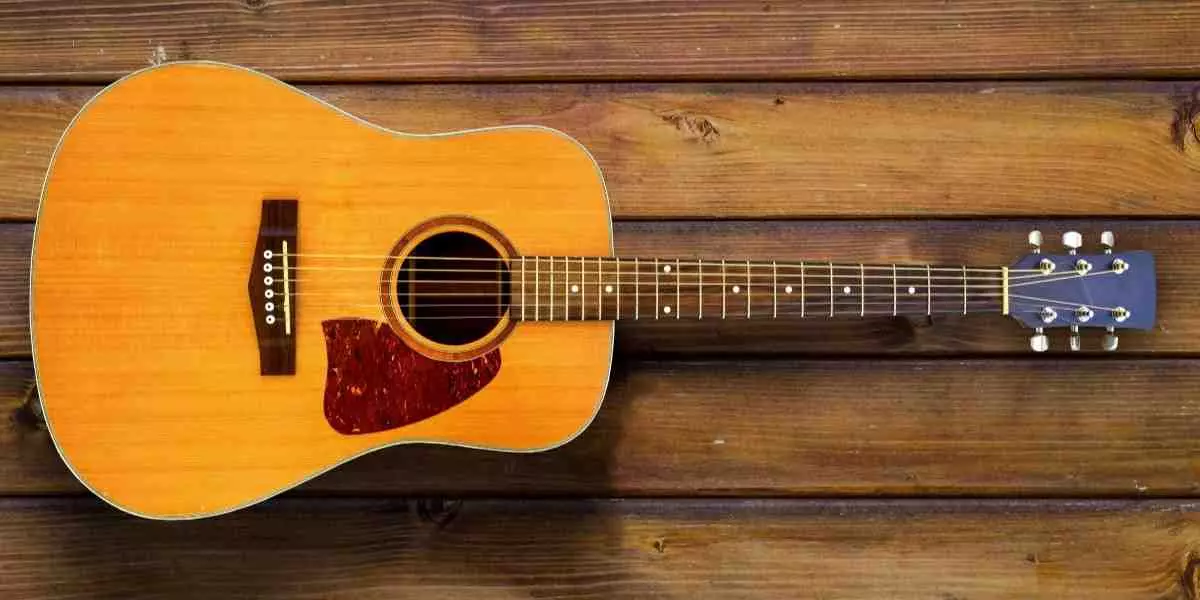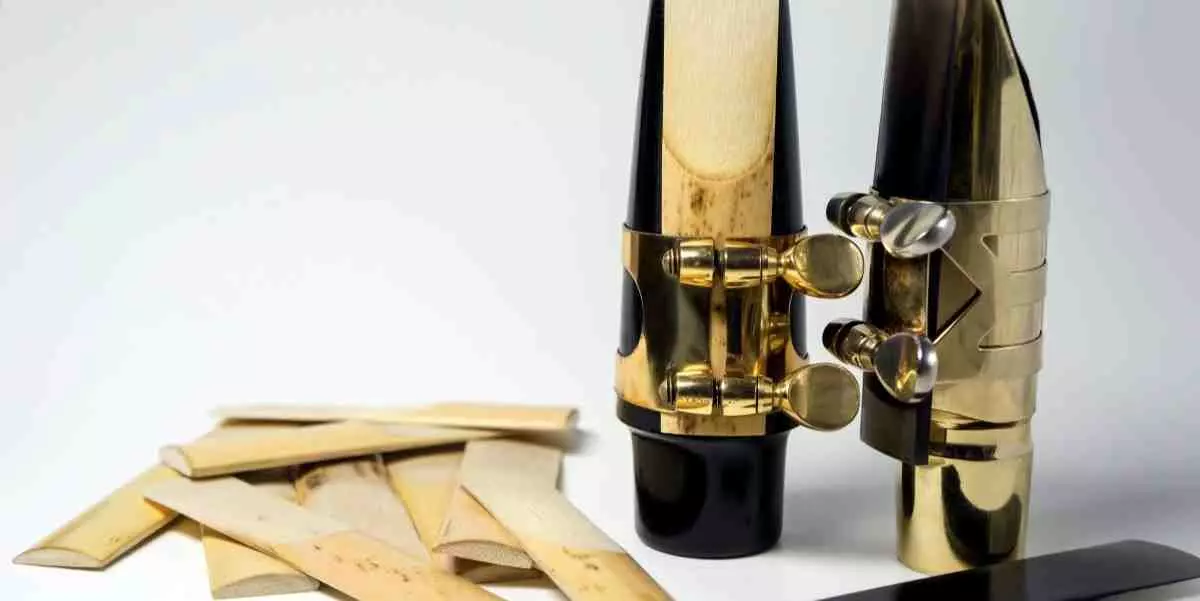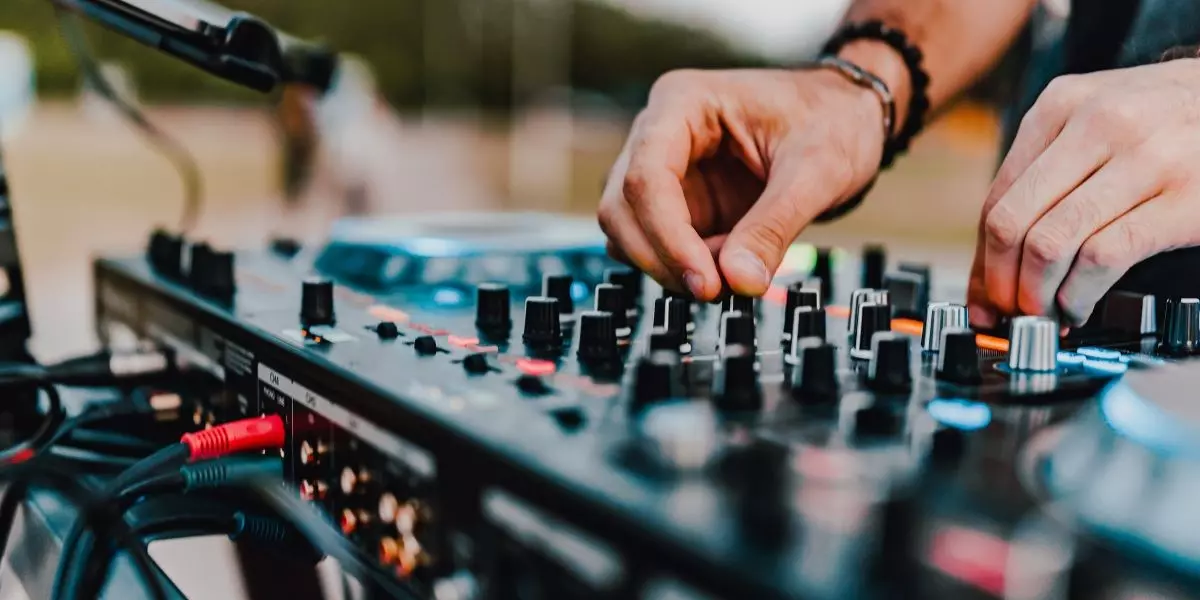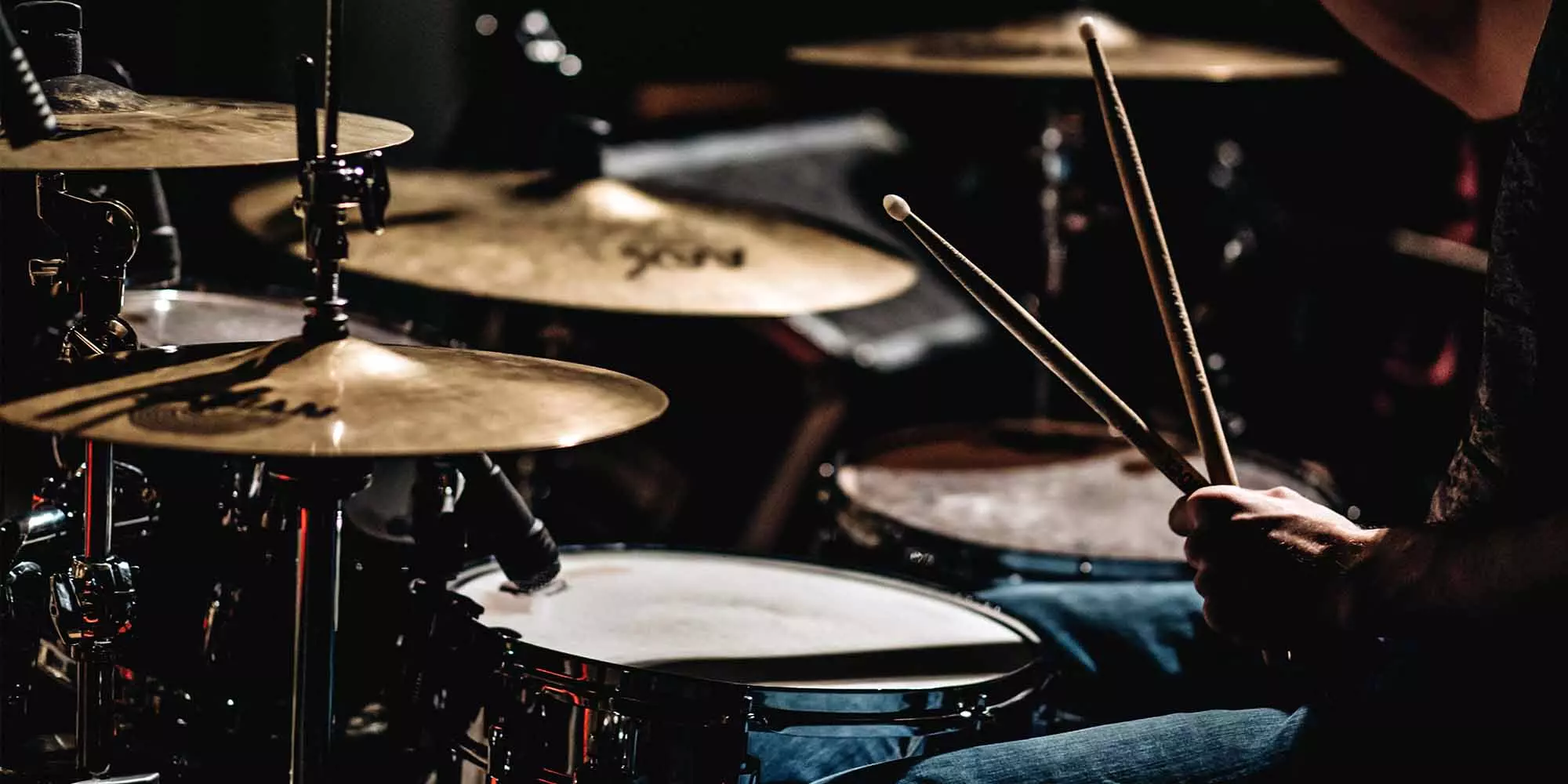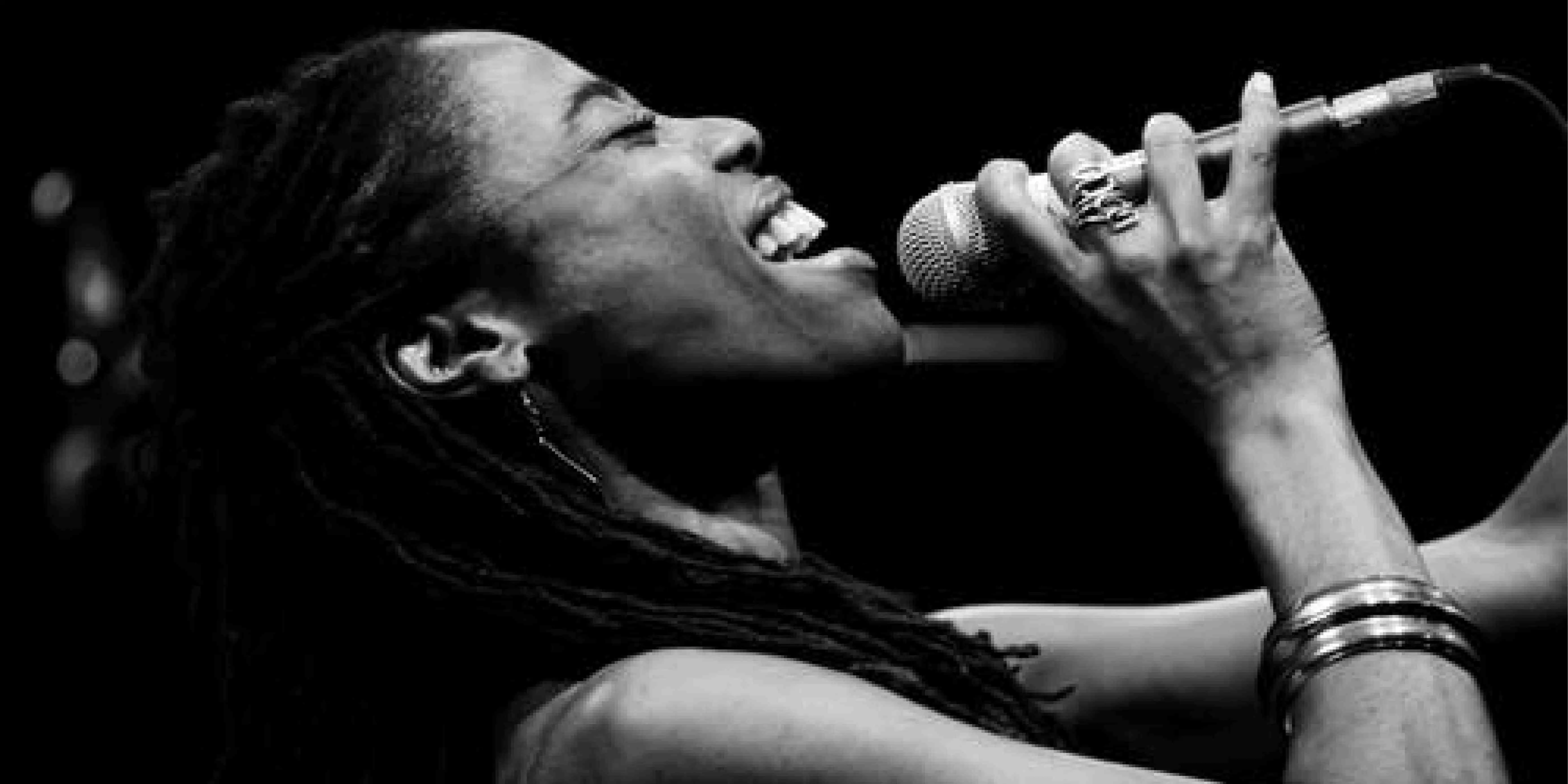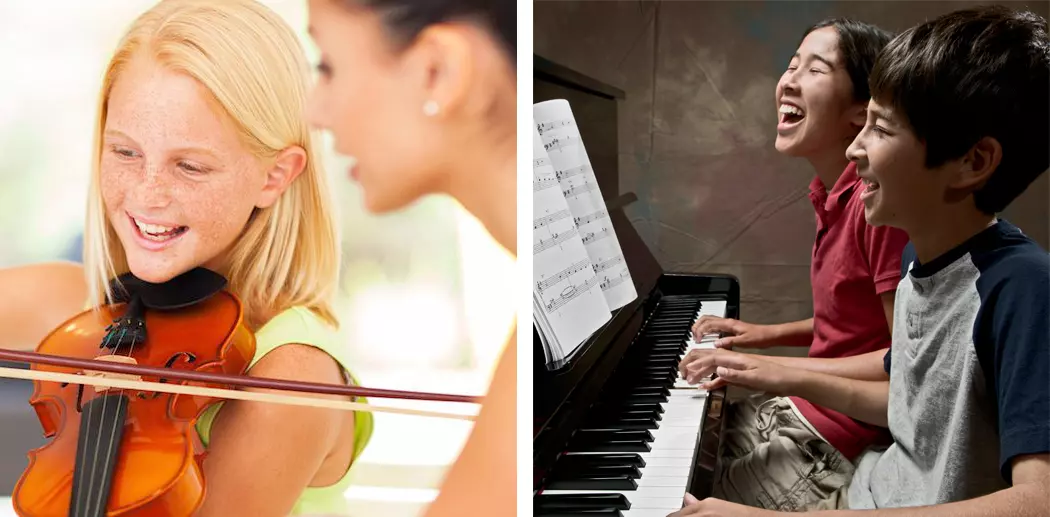All About Performing Arts Festivals & Why YOU Should Enter!
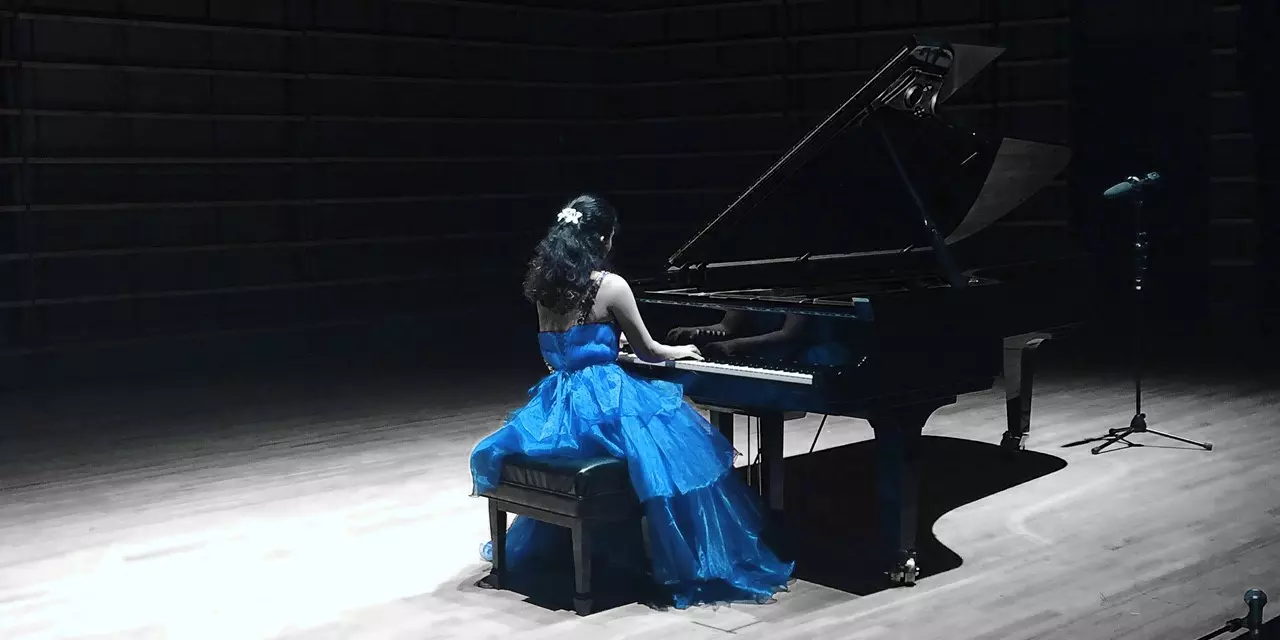
Most cities and regions have at least one annual Performing Arts Festival, open to students of music, voice, dance, and theatre.
Many students have heard about their local festival, but don't know what it is, or realize that it's open for anybody to participate in. If you thought these events were only for advanced players, professional musicians, or strictly serious competitors, you are wrong. Students of all ages and skill levels - primary to advanced - are welcome to enter.
WHAT ARE PERFORMING ARTS FESTIVALS?
Basically, they are opportunities to perform the pieces of music you've been working on with your teacher, to get feedback and suggestions from an outside adjudicator (high level visiting teachers/performers), and possibly win scholarships or awards. They consist mainly of classes for solo performance, but there are classes for duets, ensembles, choirs, and dance groups to enter as well.
The public is always welcome to be part of the audience, so teachers, family and friends can attend.
HOW DOES IT WORK?
Students enter to perform one or more pieces of music (or dances, theatre works, etc), each in a different category class. At the festival, they will perform in these classes, along with other students. When all of the participants in the class have performed, the adjudicator will go on stage and speak to each student (or group) about the performance - much like a masterclass or mini lesson. You receive a copy of their written comments, with a mark, and certificate of placing or participation.
Some students may only have time to prepare a couple of pieces, or even just one. You can enter as many as you would like. Just keep in mind that all of your pieces need to be polished, performance ready, and usually memorized!
Though students receive marks for each piece, to possibly receive awards, there are non-competitive "open" classes to enter, if you are an adult or purely want comments from the adjudicator. Usually students must enter a minimum of 3 - 4 classes to be in the running for scholarships, which are given to those with the highest average marks across the board.
The students are also organized into grade levels, so don't worry; newer students will not be compared to advanced students.
WHAT TYPE OF MUSIC CAN BE PERFORMED?
Festivals are usually based on Classical music, but over the years, new styles have been added: Jazz, Own Composition, Musical Theatre, and some types of Popular music.
There are several different categories you can choose to enter. They can be entered by composer, style, or musical period. Examples: Classical, Romantic, French, 20th Century, Baroque, Dance type, etc. You can also enter classes by form of piece: Sonata, Concerto, even Duet or Chamber group.
You can see which classes are available in the festival's syllabus, outlining all of the rules, regulations, classes, and awards.
HOW TO ENTER:
- Ask your teacher or local music store about which festivals are close by for you to enter. Of course you can search online too!
- Dates, deadlines, and registration details will be posted on the festival's website, along with info on the adjudicators, plus contact information if you have any questions or problems processing your entry.
- Read over the festival's syllabus, available on their website, to see class options, grade levels, rules, entry fees, etc.
- You and your teacher will want to select the pieces of music you will prepare, with enough time to get them ready for stage performance.
- Registration usually opens a few months before the deadline. Make sure you register in time!
- About a month before the festival starts, you and your teacher should receive a confirmation (email usually), of your performance dates, times, and location. Programs are usually sold at local music stores, at least a few weeks beforehand, listing all of the event info, students, and adjudicators.
Over 60 Long & McQuade locations have Music Lesson Centres! Learn more about them here.
3 REASONS YOU SHOULD ENTER!
More often than not, people focus only on the placing they will receive in competition (1st, 2nd, 3rd place), but the benefits of Performing Arts Festivals are far deeper than any trophy:
1) Develop Your Stage Presence
I'm sure you'll agree that the majority of us get extremely nervous when we have to get on stage to perform, or even speak, in front of an audience! The only true way to get comfortable with that feeling is to perform on stage more often. Performing Arts Festivals give you a chance to practice performing. Enter as many pieces as you have prepared. The more classes you enter, the more stage time you will have.
2) Advice From Exclusive Teachers and Performers
This is a HUGE benefit to participating in Festival. The visiting adjudicators are usually experienced professional musicians, university professors, and teachers who are highly sought after in their field. Festival is a rare opportunity to perform for these teachers and get their valuable feedback. They will point out the positive strengths in your performance while giving you helpful suggestions and practice tips.
3) Scholarships & Further Performances
If you happen to place consistently well in your classes, it's possible to win scholarship funds, advance to the next level to Provincial Festivals, or even to the National Festival.
There are even opportunities to win a spot as a featured soloist with a symphony orchestra.
Read through the Syllabus for details on awards your festival has to offer.
Festivals can be very competitive, but keep in mind that it's about challenging yourself, as you work towards your performance. Putting in the time to practice and learn the music you choose, then giving your best interpretation of it on stage, helps you to develop your musicianship, discipline, and artistry as a performer.
****
Crystal Greffard began playing piano at age 6, and has participated in various festivals since then, to continue developing her level of performance. She has a Royal Conservatory of Music, ARCT Performer's Diploma in Piano, and attends masterclasses with teachers and performers whenever possible. She is a solo and collaborative pianist, creator of MasterclassBC.com, and Lesson Centre Coordinator at Long & McQuade Music Education Centre, Kamloops BC.

